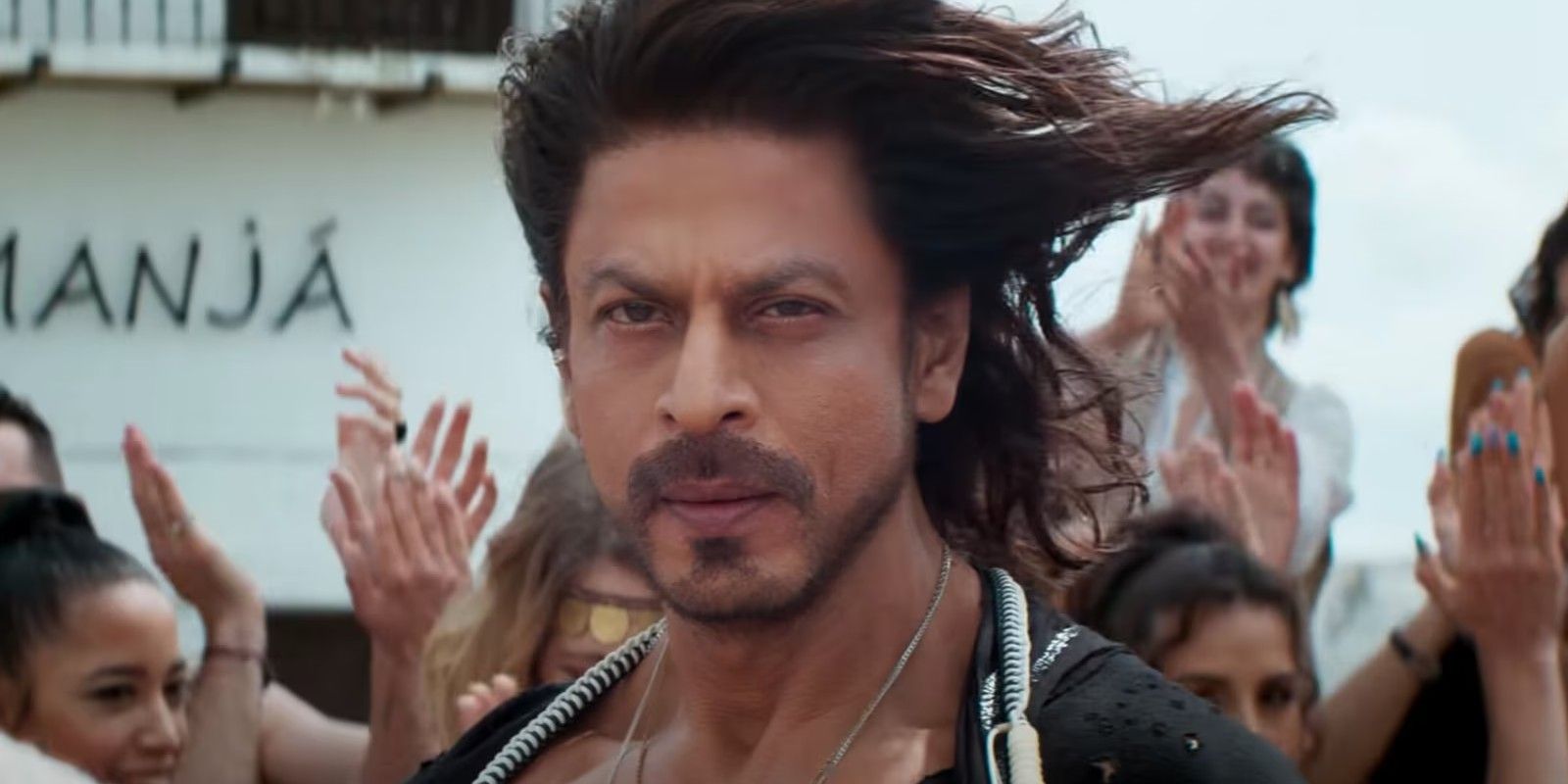Globalisation is leading to permanent war. Here’s what we should do instead
Written by on January 29, 2023
But war in Ukraine has also accelerated newer forms of weaponisation, too. It has supercharged the trend towards unilateral sanctions – economic sanctions issued outside the multilateral framework of the United Nations – precipitating financial conflict between the Western coalition and Russia, the world’s largest supplier of many essential commodities. Even supposedly ‘targeted’ sanctions have been shown to cause destructive inflation in the price of basic humanitarian goods.
A rollback of unilateral sanctions appears more remote than their extension. In October 2022, the US brought the once-unthinkable possibility of a ‘technological iron curtain’ between the world’s two largest economies a step closer by issuing sweeping restrictions on the export of semiconductor technologies to China. It was described as “an act of economic warfare“ by the Financial Times’ chief economics commentator, Martin Wolf.
In 2004, Wolf had written a Panglossian book titled ‘Why Globalisation Works’. Now he sounds like globalisation’s Jeremiah, regularly warning of impending calamities. The visionaries who once promised that a rising tide would lift all boats are now nervously frisking their life jackets.
Consequently, the multilateral institutions of the 20th century are decaying. The US now openly undermines the World Trade Organization, which once embodied American-led globalisation, even as the World Bank and IMF struggle to respond to a wave of global debt crises amid direct competition from China. The UN Security Council remains paralysed as its permanent members engage in proxy war and sanctions against one another, while even the World Health Organization is not immune from great power competition.
But the compounding error would be to submit to a pessimistic determinism about this future. Perhaps unsurprisingly for a grandee of the transatlantic think tank, security and consulting circuit, Galeotti wants to equip ‘us’ – conceptualised vaguely as Western democracies – to defend ourselves and respond in kind to weaponisation from ‘them’. China and Russia loom largest throughout the text.
In this worldview, China is an eternal foe threatening an imagined status quo of mutual cooperation in a “rules-based international order”. It precipitates an ominous future of “trade deals that… place less emphasis on environmental sustainability” and “security agreements that put more emphasis on national security than human rights”. A more sober analysis would acknowledge that the Western-led order failed to deliver such ideals in the first place.
The scale of universal challenges and the need for reciprocal cooperation has never been greater. Those shaping policy in powerful states must recognise that the shared work needed to address the climate crisis can provide mutually reinforcing benefits.
Such recognition would include an expansion of tentative moves towards multilateral efforts like ‘sustainability bonds’, issued by international development banks to fund vaccination efforts and global decarbonisation. It might also incorporate ideas from thinkers like Edoardo Saravalle and Nicholas Mulder on utilising ‘constructive’ rather than destructive forms of economic sanctions; funding alternative energy sources, food subsidies and mitigating disruptions to the supply of essential goods arising from geopolitical conflict.
On 16 May last year, as the brutal siege of Mariupol concluded in surrender by the Ukrainians, McDonald’s CEO Chris Kempczinski announced the company’s decision to exit Russia. His statement conveyed both the utopian nature of the globalised dream and the melancholy of its unravelling: “it is impossible to imagine the Golden Arches representing the same hope and promise that led us to enter the Russian market 32 years ago.”
watch avatar the way of water full movie
watch avatar the way of water full movie
watch avatar the way of water full movie





